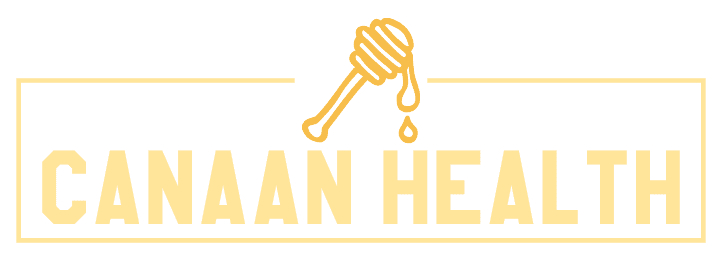Introduction:
In recent years, the importance of vaccinations has become increasingly evident. Vaccinations play a crucial role in safeguarding not only individual health but also the well-being of the entire community. In this article, we will explore the significance of vaccinations, particularly in the context of women’s health. By understanding the benefits of vaccinations and addressing common concerns, women can make informed decisions to protect themselves and contribute to the overall health of their communities.
The Benefits of Vaccinations
Preventing Infectious Diseases
Vaccinations are effective tools in preventing infectious diseases that can have serious consequences for women’s health. Diseases such as influenza, human papillomavirus (HPV), measles, mumps, rubella, and pertussis (whooping cough) can be prevented through timely vaccinations. By receiving the recommended vaccines, women can reduce the risk of acquiring these diseases and the potential complications associated with them.
Protecting Vulnerable Populations
Vaccinations not only safeguard individual health but also protect vulnerable populations, including infants, elderly individuals, and those with weakened immune systems. Women who are planning to start a family or are in close contact with infants should ensure they are up to date on their vaccinations to prevent the transmission of diseases to vulnerable infants. By protecting themselves, women can contribute to the well-being of their families and communities.
Global Impact
Vaccinations have a global impact on public health. Through widespread vaccination efforts, many infectious diseases have been eradicated or significantly reduced worldwide. By staying up to date with vaccinations, women can contribute to the global effort to eliminate preventable diseases and protect future generations.
Addressing Common Concerns
Safety and Efficacy of Vaccines
One common concern surrounding vaccinations is the safety and efficacy of vaccines. It is important for women to understand that vaccines undergo rigorous testing and are continuously monitored for safety. The benefits of vaccines far outweigh the risks, and the scientific consensus supports their effectiveness in preventing diseases. Consulting with healthcare professionals and reputable sources can help address any concerns and provide accurate information about vaccine safety.
Vaccine Recommendations for Women
Women have specific vaccine recommendations that are important for their health. Vaccines such as the flu vaccine, HPV vaccine, and Tdap (tetanus, diphtheria, and pertussis) vaccine are particularly relevant for women. The flu vaccine helps protect against seasonal influenza, the HPV vaccine reduces the risk of cervical cancer and other HPV-related diseases, and the Tdap vaccine is recommended during each pregnancy to protect newborns from whooping cough. Understanding and following these recommendations can help women proactively safeguard their health.
Vaccine Misinformation and Myths
In the era of misinformation, it is important to address vaccine myths and misinformation. False claims linking vaccines to autism or other adverse effects have been debunked by scientific evidence. Women should rely on credible sources, such as healthcare professionals and reputable organizations, to obtain accurate information about vaccines and make informed decisions.
Conclusion:
Vital for women’s health and community well-being, vaccinations play a crucial role in preventing infectious diseases and protecting vulnerable populations. By understanding the benefits of vaccinations, addressing concerns, and staying up to date with recommended vaccines, women can proactively safeguard their health and contribute to a healthier society. With their ability to prevent the spread of diseases, vaccines have a significant global impact on public health. Let’s prioritize vaccinations, recognizing their importance in ensuring our well-being and the well-being of our communities.





